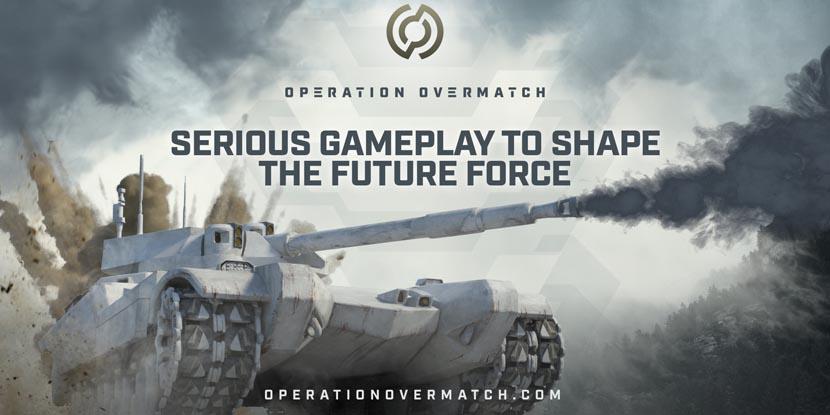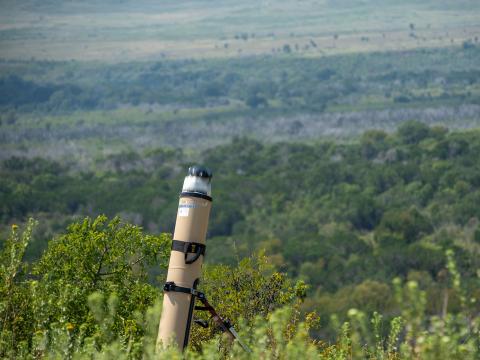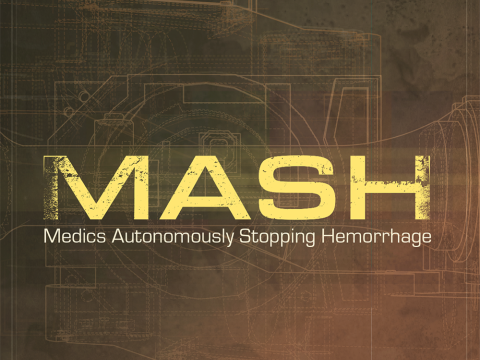There's a New Game in Town
The U.S. Army Capabilities Integration Center (ARCIC) and Army Game Studio are introducing an online multiplayer game that enables soldiers to help design the future battlespace. Called Operation Overmatch, the technology allows warfighters, research personnel and leaders to configure future concepts of vehicles and equipment, execute missions and complete objectives in a virtual complex environment.
Operation Overmatch was created with the help of Early Synthetic Prototyping (ESP), a process and set of tools that facilitates the radical transformation of development and acquisition decisions by designing and assessing emerging technology in a game environment.
According to its developers, one goal of the game is to disrupt the design/test/build paradigm by validating equipment, doctrines and organization through direct soldier and stakeholder feedback and player behavior data analysis. ARCIC officials contend that innovation is born from the type of experimentation, failure and iterative progress that Operation Overmatch provides.
"Gaming is a tremendous medium to connect soldiers to the concept," says Lt. Col. Brian Vogt, USA, ARCIC. "Gaming is not just for entertainment anymore; now it is for experimenting."
Initial participants for Operation Overmatch’s test phase were hand-selected. The beta test will open in October, and the service encourages soldiers from across the Army to sign up. Players will be added as development continues.
The game’s potential audience includes soldiers across the Army, including all ranks, all military occupational specialties, National Guard, Army Reserve and cadets. Department of the Army civilians, members of academia and industry partners also will be invited participate. Eventually, the game could be available to all the armed services, as well as international partners and allies.
ESP’s potential as a game changer is enormous. Soldiers and collaborators in acquisition, science, technology and industry can virtually prototype models and scenarios for play and evaluation. The process and tools encourage the exploration of disruptive ideas at a minimal cost by inviting warfighters at all levels to test drive and refine future systems.
"This allows for improving ideas on future concepts," Col. Vogt says. "You can find things you like and don't like. You can test future concepts. How would you use this gear? How would you be able to defeat the enemy in this scenario? You can shape ideas of what you think they should look like."
Developing Operation Overmatch itself has been a collaborative effort. "We reached out to academia and industry to determine how to shape it. Operation Overmatch has been in development for about a year. Everyone involved [from the] Research, Development and Engineering Command and ARCIC have something they are trying to achieve," the colonel says.
Mike Barnett, chief engineer, Army Game Studio, says Operation Overmatch’s success depend on input of a range of players. “We invite the participation and feedback of soldiers, engineers, scientists and other acquisition personnel," he states. "We invite you to be a part of the agile development of our future forces to win in a complex world at www.operationovermatch.com."





Comment
We need to talk.
I do Wargaming for the Air Force Research Lab.
I think we can learn from your efforts.
Please contact me.
Comments